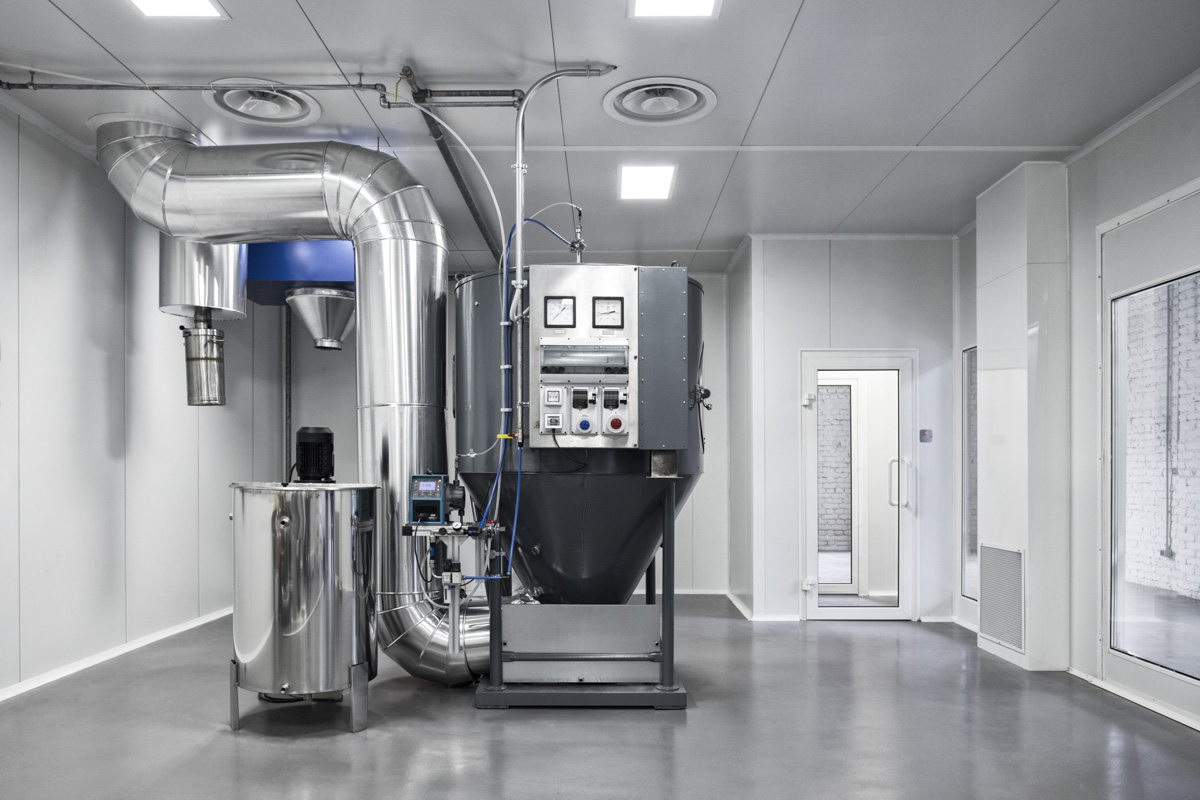


07-11-2021
Corriere della Sera
Graphene — a hyper-innovative material — combined with plentiful sulfur to replace rare earths in lithium-ion batteries. This is the most recent bet of Directa Plus, the Como-based company listed since 2016 at the AIM in the London Stock Exchange founded and directed by Giulio Cesareo who is travelling this road with the American company NexTech: the goal is to develop lithium-sulfur batteries, which with graphene would become more efficient and longer-lasting than lithium-ion ones. In addition, the bottleneck of rare, expensive and difficult to find minerals would be avoided.
More powerful and durable batteries
“We are in an advanced phase of experimentation with NexTech, a Nevada-based company. Now they will install a pilot plant of these batteries right next to us,” announces Cesareo. “They discovered that our graphene, being made without chemistry, according to them is the best in the world as a conductor. The goal is to make a battery that costs 50% less than lithium ions, and with a specific energy 3 to 5 times greater, which means that a car would reach almost a thousand kilometres. Then there is security: if the lithium-ion battery catches fire, there is no way to put it out, instead, this battery does not catch fire”.
The agreement with Norda
On Friday the 5th is the agreement with Norda for the production of soles in trekking shoes, into which the graphene membrane of Directa Plus will be inserted so as to even out the temperature of the foot with a minimum thickness. “Graphene is beginning to be requested by the largest resellers of the supply chain,” explains Cesareo, and also for this reason the accounts are growing. The semester ended with “the best result in our history”: +41% the revenues to 4,56 million euro and EBITDA nearly balanced (0,44 million red, -70%).
The anti-petroleum sponge and anti-Covid filters
Approximately 70% of revenues come from environmental use in the collection of spilled oil. Directa has created a kind of reusable graphene sponge (“Grafysorber”) at the Lomazzo plant, with which it has recovered more than 6.5 thousand tonnes of oil in Romania, which has been returned to the refinery. The rest comes from textiles and from antibacterial and antiviral filters, starting with the anti-Covid graphene masks “which not only block the virus but kill 90% of it as tested by the Cattolica University and by the Sapienza University in Rome” — says Cesareo — and from the use of graphene as an adjuvant to asphalts, to increase its wear and durability. And among the studies there is another one in consumer electronics. The break-even is near: it should be reached in 2022.
The American partner
First shareholder has become a billionaire (of Chinese/South African origin), Patrick Soon-Shiong, former inventor of the anticancer drug Abraxaneha and investor in biotechnology. Since the beginning of the year, on the AIM it has grown by more than 60% to 83 million pounds, earning more than its direct listed competitors. “Our American partner is very interested in what we do,” continues Cesareo. “We work a lot with foreign countries but I would like to have strong and meaningful relationships with state-owned companies, such as Leonardo or Eni, and start joint-labs with them. The technologies are there, now they have to be put together. If we do this only with foreigners, in the long run we will run the risk of moving value and sustainable innovation out of Italy”.